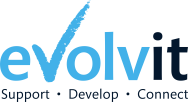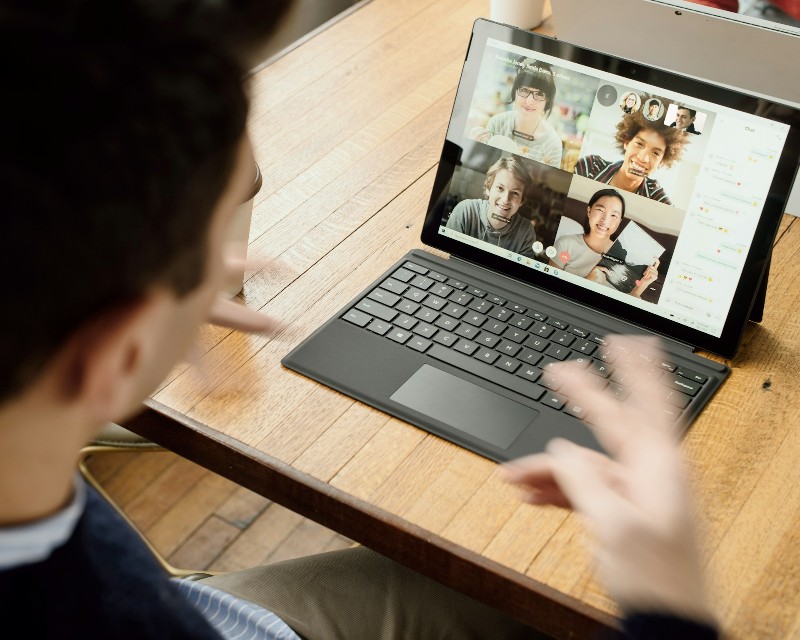2024 IT Predictions: What SMEs can Expect
Technology has become indispensable for small to medium businesses (SMEs). Last year, the rapid advancements of technologies such as cloud computing have given SMEs capabilities once limited to large corporations.
2024 brings with it a spate of new IT opportunities–and challenges–to navigate. To help businesses capitalise on innovation, here are the top trends that are expected to shape the landscape for SMEs, from advancements in artificial intelligence (AI) to the growing importance of cybersecurity.
Generative AI Will Make Its Way Into Work
The year 2023 was a banner year for generative AI (genAI), showing the world the breadth of what the technology can now do. GPT-4 can now understand image and voice prompts. Photos from Midjourney flooded feeds, so difficult to determine from real photographs that it fooled the world into thinking the Pope wears puffer jackets.
2024 will be the year that generative AI will be tested beyond gimmicks and will be more accessible at a budget. Thanks to cloud-based AI-as-a-service platforms, SMEs can skip the lengthy and expensive process of training their own models, allowing them to tap into the power of AI.
Yet while the doors have opened, businesses must exercise caution and avoid rushing adoption. Consumers remain wary about its use. More than half do not trust that businesses can implement General AI (genAI) ethically–35 percent want businesses to stop using it altogether until clearer regulations are established.
Increased Cybersecurity Training
Unfortunately, businesses aren’t the only ones captured by the potential of genAI. Automated scripting applications like FraudGPT allow hackers to deploy malware at a larger, cheaper scale. Natural language model algorithms will make it even harder to separate legitimate emails with phishing attempts.
Faced with an even more dangerous threat landscape, there will be an even greater need for accessible cybersecurity measures for small to medium businesses. Cyber insurance is expected to become a $20 billion market in 2024, with calls to develop improved policies for SMEs. It’s a space ripe for disruption–only 17 percent of small businesses have cyber insurance.
For businesses who have limited resources to spend on extensive systems, fostering the culture is key. “Employee incentives—such as the risk-linked performance bonuses—can boost awareness and reinforce resilience,” writes Netanel Amar, COO of cybersecurity firm Cynet.
Super Apps for Business
Superapps are types of apps that are made up of an ecosystem of mini-services. These first saw prominence in Asia, where entities like TaoBao and Alipay evolved from shopping apps into one-stop-shop platforms for everyday services such as banking and bill payments.
The unified approach is also gathering momentum in the business world, where app sprawl is a growing problem. “We also see superapps gaining interest from forward-thinking organisations,” says Jason Wong, Vice President Analyst at Gartner.
The firm predicts that the concept will continue to grow, envisioning desktop and mobile platforms that integrate disparate apps under one umbrella for efficiency and security. TeamHealth, a healthcare company, shares the benefits of a super app at work. “Once our users download and log into our app, they have access to everything they need, and we have control over the security of everything inside.”
A More Precise Approach to Personalisation
Personalisation has been touted as the best way to reach consumers for years. Yet businesses appear to be missing their mark. Around 70 percent of consumers report receiving promotions that aren’t relevant.
A majority of marketers admit that much of personalisation still relies on guesswork, which is a consequence of using outdated technology that can no longer meaningfully decipher data. Some tools push irrelevant and outdated content, while others inundate customers only with specific interests, leading to content fatigue.
The next generation of personalisation tools will be designed around finding the balance using sophisticated techniques. Machine learning (ML) and AI in particular will help marketers craft relevant content that can adapt in real-time to a customer’s evolving and shifting wants and needs.
Tools Will Evolve for Hybrid Work
Since the pandemic, employers and employees have developed a permanent taste for flexible work set-ups. In the UK, it’s been enshrined in law. Firms are branching out of city centres en masse, with over half now offering co-working spaces or secondary locations outside traditional urban hubs like London.
With workers more widespread, the primary challenge for businesses will be facilitating effective communication. Video conferencing apps that were first to the space like Zoom are still poor substitutes for face-to-face interactions; expect more feature-rich platforms and entire office layouts that are optimised to facilitate collaboration between on-site and remote employees.
Technology for tracking productivity will also be emerging trends in this space, as evidenced by a rising interest in employee monitoring software. Small to medium businesses who have tracking tools are anticipated to keep them, despite the practice generally met negatively, underscoring the need for conscientious use with consideration for employee concerns.
2024 presents IT challenges and opportunities alike for SMEs. With advancements like AI and hybrid work unlocking new possibilities, opportunities abound, but challenges like expanding threat landscapes persist. Strategic foresight and caution will be key to succeed in this complex terrain.
Evolvit delivers IT solutions and strategic support tailored for SMEs. Contact us today to find out how our services can power your cybersecurity and digital transformation this 2024.






